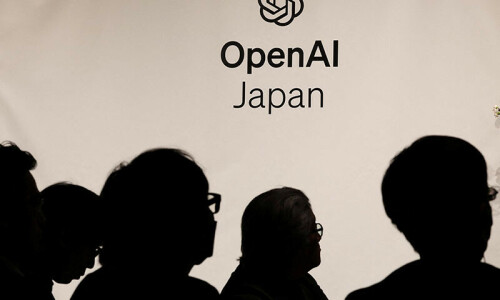In April of 2000, 20-year-old Fakhra Younus poured acid all over her face, burning her skin, melting the flesh and bone underneath and mutilating her face and her body. It seeped into her clothes dissolving them, melting her breasts, fusing her lips to her chin and burned her hair off, while her five-year-old son witnessed the ordeal.
That’s the only version of truth about Fakhra that may ever be acceptable. In a society where the victim is ridiculed, moral policed and counter questioned while the accused enjoys the freedom to hurl abuse and sit on high ground; Fakhra’s mere existence is a crime.
After struggling for 12 years and undergoing over 30 corrective surgeries, Fakhra lost hope for justice. The man accused of putting her through this ordeal, Bilal Khar, shared his grief by spending a few hours giving interviews to news channels yesterday.
He said he was sorry that she was dead but that he isn’t responsible for her murder. That she was a sex-worker, a woman he had married despite her past but she insisted on returning back to her ‘usual routine’. He isn’t responsible for her murder. She had stayed in his house for four months before she left for Italy. He is innocent. Fakhra used his name to take amnesty in Italy, to make money and it benefited the women who were helping her to ‘cash in’. Because no one would give her amnesty and funds if they had used a Kanjar’s name, it was his name that gave this case a media trial, it was his name that gave her amnesty and it was his name that brought Musrat Misbah four villas in Europe and a yacht. He is innocent. If people are so bothered about justice for Fakhra why don’t they go to Napier Road and ask which ‘kanjar’ had done it? It couldn’t have been him, Bilal Khar, son of influential politician and feudal lord. It wasn’t possible because he is from a respectable family, he is Bilal Khar, and only Kanjar’s from Napier Road could commit such atrocious crimes.
The same Napier Road that Bilal Khar frequented. The same street where he had met, 18-year-old, Fakhra and promised her a life of love and comfort. For Fakhra, who became a dancing girl at the age of 11 to support her heroin addict mother, and a sex worker as soon as she started menstruating, this was a chance to a whole new life.
But little had she known that the ghosts of Napier Road would come back to haunt her even in her death, that the man who once praised her innocence and bought time just to speak to her would toss her right into an abyss so dark that even her mutilated face would not be a sufficient witness to her atrocities.
When people speak of Fakhra they undoubtedly speak of her past, it allows people like Khar to taint her pleas, to shift the blame onto the victim herself, to suggest that the world is only concerned about Fakhra because of his high-profile preference. I don’t know if Bilal Khar will ever be tried for causing grievous harm to Fakhra that inevitably led to her death. He may never be charged with the crime Fakhra accused him of, but we owe it to ourselves to speak out against Bilal Khar and others like him. Others who may not be from influential families, and still walk free.
Bilal Khar, moral policing a victim doesn’t absolve one of their crimes. It only makes your guilt brazenly obvious, your moral high ground conceited and your allegations concocted. How does any sex worker deserve the horrific fate that Fakhra met? If Fakhra’s profession or past makes her a suspect despite her ordeal what does it make you, a frequenter of the same street where Kanjars abide?
For every Fakhra there are over a dozen Bilal Khars that make sure that she continues to be sold from one man to the other, night and day. It isn’t about who she was, it is about who she becomes, it is about her struggle for justice not only for herself but the hundreds of others who suffer the same fate; burned to the bone because they refused a marriage proposal, fought against violence or simply said no.
Many have rightly pointed out that Fakhra was forgotten until her death. Fakhra knew that too. In her death, perhaps, she had hoped that her story would resurface, that hundreds of other women would receive justice. We abandoned her in her life; let’s not abandon her in her death.

The views expressed by this blogger and in the following reader comments do not necessarily reflect the views and policies of the Dawn Media Group.











































